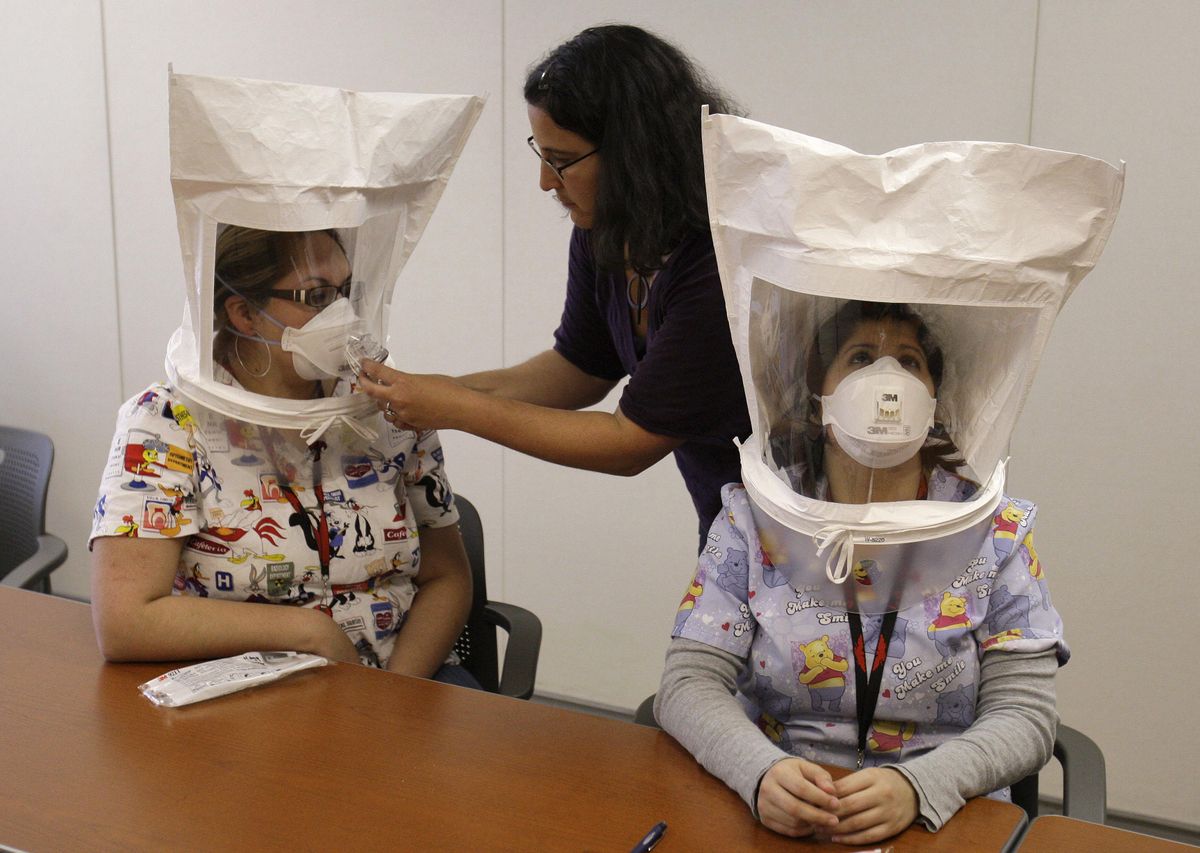Some fear flu threatens U.S. economic recovery
Lengthy outbreak could hit tourism, food industries

WASHINGTON – The U.S. economy, which was showing tentative early signs of a recovery, faces a potentially grave new threat: swine flu. A widespread outbreak could batter the tourism, food and transportation industries in particular, deepening the recession in the U.S. and possibly worldwide.
With the U.S. and the global economy already fragile, another severe blow could reverse any progress made in easing the recession.
The European Union advised against nonessential travel to the United States and Mexico. And worried Wall Street investors pounded stocks of airline companies, hotels, cruise operators and some food firms on fears that the flu would crimp consumer demand.
But at least three major airlines said their operations are proceeding normally and have not canceled any flights to Mexico.
Brian Bethune, economist at IHS Global Insight, said, “You can argue that the swine flu amplifies the downside risks to the economy.”
The U.S. economy could end up shrinking a bit more than now expected. But most experts don’t think a swine-flu outbreak by itself would eliminate many U.S. jobs or severely worsen the economy.
Simon Johnson, former chief economist to the International Monetary Fund and a professor at the Massachusetts Institute of Technology’s Sloan School of Management, envisions only a “small hit” to economic activity in the U.S. just a few tenths of a percentage point.
But if the problem persists for months, spreads broadly in the nation and leads to widespread flu cases, or even deaths, the damage could be more severe. It could delay an economic recovery well into 2010, said Mark Zandi, chief economist at Moody’s Economy.com.
“Consumer confidence is already frayed, and something like that would push it over the edge,” Zandi said.
Sherry Cooper, chief economist at BMO Capital Markets & BMO Nesbitt Burns, said: “The last thing we need is additional reason to cut spending, eliminate travel and introduce trade restrictions.”
In a worst-case scenario, Bethune said, the U.S. economy would contract by an extra 0.3 percent this year, on top of his prediction of a 3.5 percent drop. That amounts to a roughly $50 billion loss of economic activity, he said. The IMF already has predicted the U.S. economy will shrink 2.8 percent this year.
Both Bethune’s and the IMF’s estimates would mark the worst showing since an 11 percent plunge in 1946.
One big fear is that spooked consumers will cut back spending on travel, restaurant meals and trips to shopping malls.
Even so, the impact on the U.S. unemployment rate, which is expected to hit 10 percent by year’s end, is likely to be small. Bethune said a serious swine flu outbreak might end up raising the jobless rate a few tenths of a percentage point.
Why do analysts expect only limited economic damage?
The world is now better prepared to deal with health crises, given the experience of SARS (severe acute respiratory syndrome) in 2003 and then the threat of the bird flu, Johnson and other economists said.
Vaccines can be rolled out fairly quickly. And many big companies now have contingency plans to keep essential operations going if employees can’t make it to work.
“On the one hand, it’s a terrible and traumatic thing – a flu pandemic,” Johnson said. “On the other hand, it almost certainly will not have a significant effect.”